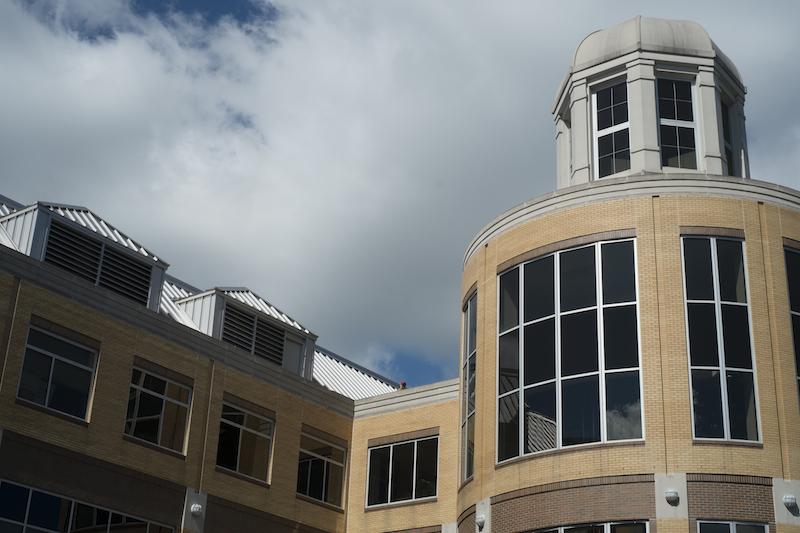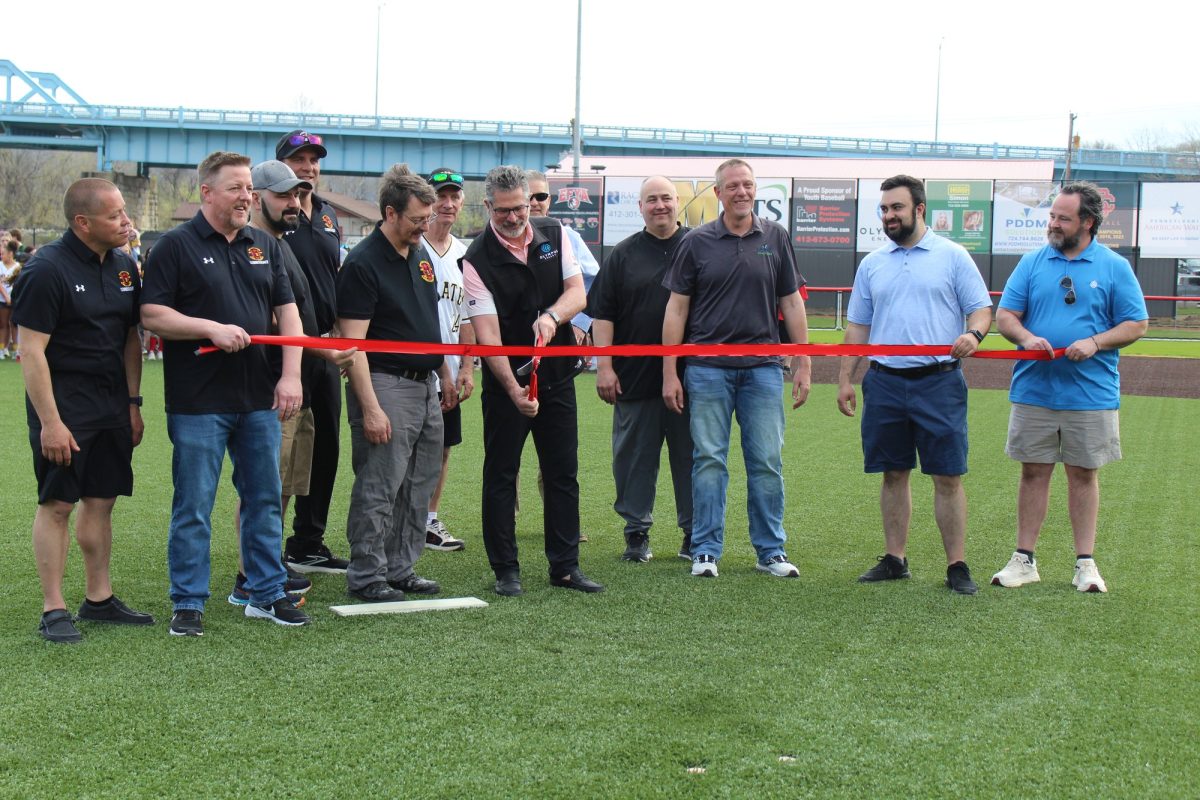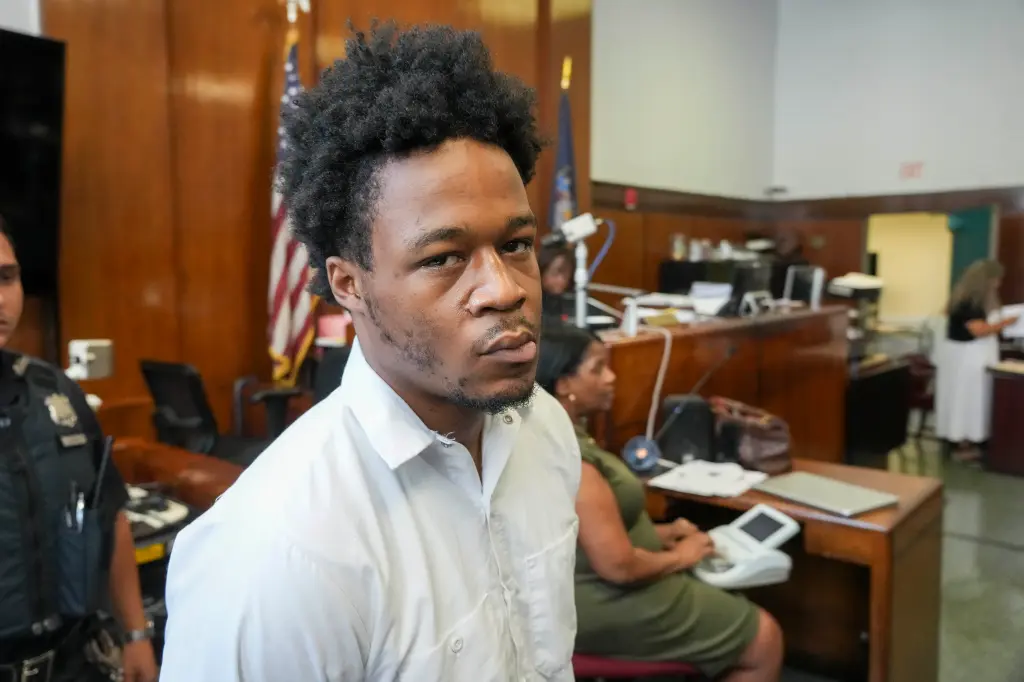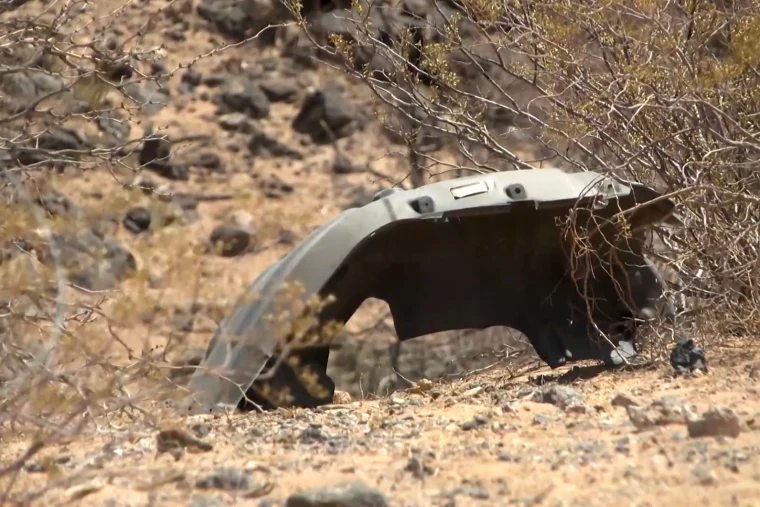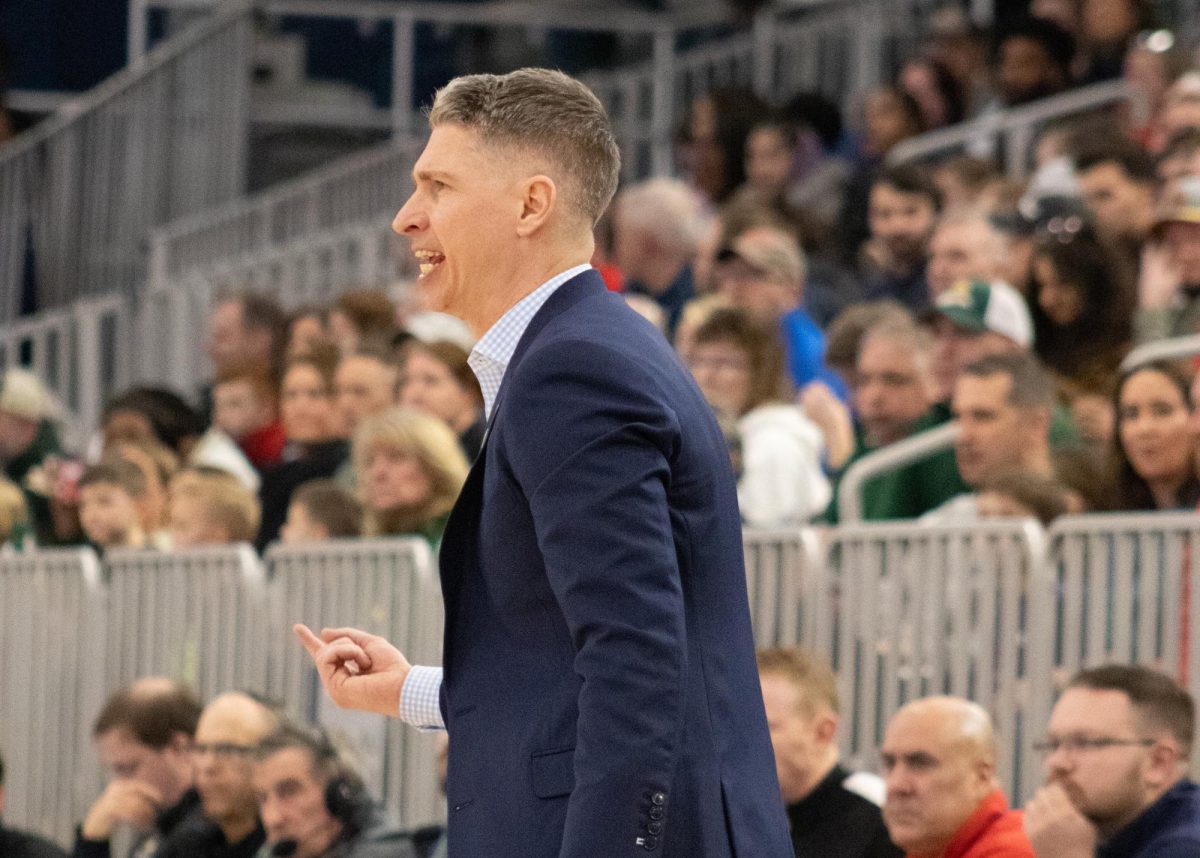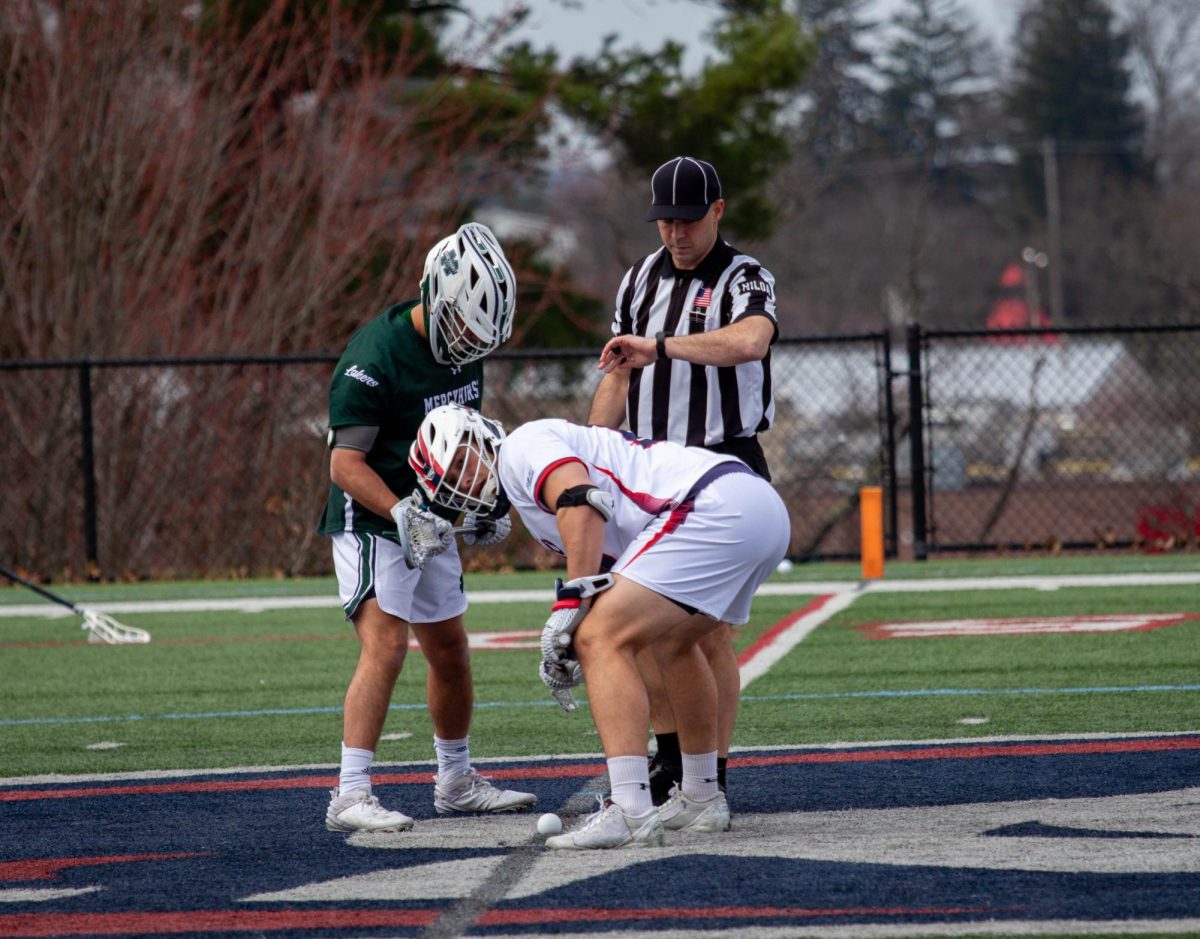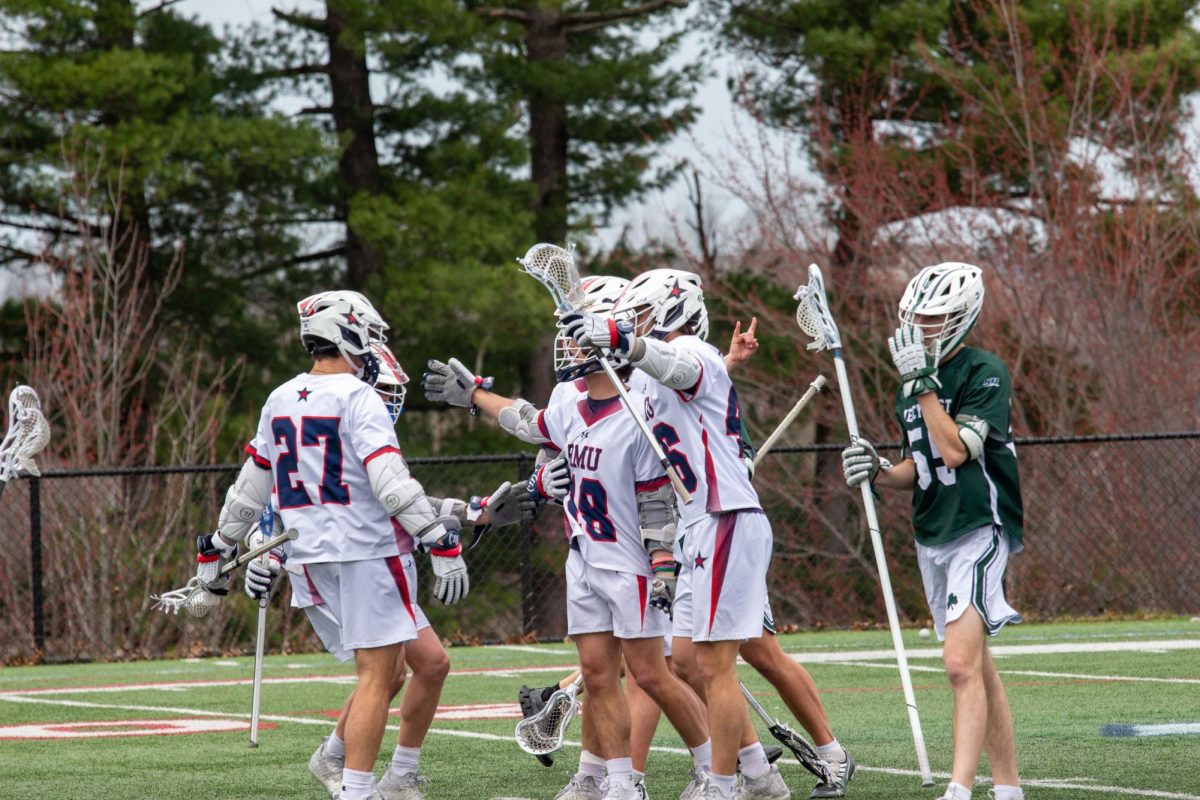In an exciting display of music and dancing, the third installment of the Diversity Speaker Series took place on Nov. 19 in the International Suite in Sewall Center.
The event featured the Center on the Three Rivers Indian Center, or more commonly known as COTRIC, in order to celebrate Native American Heritage Month. The event was hosted by the Office of Multicultural Student Services in order to teach students about the Native American population.
“This is our way to share our culture, and to tell people that we’re still here,” said Michael Simms, part of the COTRIC Council. “Native Americans have not died, we still live amongst everyone and we’re still around in everyday society.”
COTRIC is an organization located in Dorsyville, Pa. and provides help for Native Americans and other nationalities by giving housing and employment to those in need, as well have a food bank. COTRIC also has a school including a head start program this the head start programs?and preschool where they have a large enrollment of students and 144 teachers employed.
The event started off with a panel discussion with three representatives from COTRIC: Chanel Wisnner, part of the Tuscaora Lumbee tribe, Sunbear Coe, part of the Ute and Dakota Sioux tribes, and Michael Simms part of the Cherokee and Seminole tribes.
“We exist,” said Coe. “Me being who I am is not defined on my braids or my turquoise. It’s that I exist and we’re still here.”
The panel talked about a myriad of topics, but they mainly spoke about the comments and stereotypes they wish would disappear from society. They also wanted people to know that they love to share their culture and answer any questions asked.
“I would like students to know, don’t be afraid to ask questions,” said Simms. “We’re here to share our culture and we want everyone to understand we still exist and what we’re all about. We want to stop that Hollywood stereotype.”
Following the panel, the three representatives changed into their regalia, Native American type of dress, to perform types of dances done at Powwows. Two more members joined them for the dances: Dave Wanner and his daughter, Leehya Wanner. The first dance shown was the grand entrance, which is always the first dance at every Powwow. At the last dance, they pulled all members up from the audience to take part in the fun.
“When we are at Powwows we do like to show appreciation to people who show up to learn our culture,” Chanel Wisnner said. “And we do a lot of social dances. (Student’s) will notice each type of the dances so far were individual, so when we do social dances you’ll actually see us touch and hold hands.”
This is not the last of the diversity speaker series. The Office of Multicultural Student Services are planning four more in for the near future.
“I think (coming to the series) puts students outside their comfort zone or it can be interesting,” said Victoria Snyder, the head of the Office of Multicultural Student Services. “Most students who attend one end up attending all of them because they like the conversation or the speaker or they like finding out about cultures different from their own.”
For more information on the Diversity Speaker Series, visit www.rmu.edu/mss. For more information on COTRIC, contact Michael Simms at [email protected].



